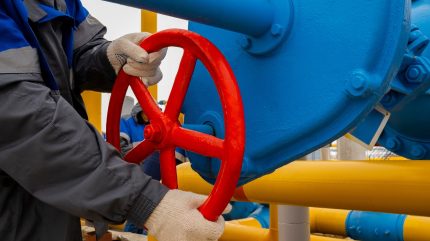
Essar Oil and Gas Exploration and Production (Essar) is planning to invest Rs30bn ($357.38m) to increase its CBM in India, reported the Economic Times.
In the next five years, the company, which owns the CBM block in West Bengal’s Raniganj, aims to increase its share of India’s gas output from 1% to 5%.
Essar CEO Pankaj Kalra said: “We are determined to raise our contribution to India’s overall gas output to 5% in the next five years from 1% currently. We plan to invest around Rs30bn to reach this target.”
The executive noted that the company controls 500km² of acreage but has utilised only 70km² so far, meaning more than 80% remains untapped.
CBM is natural gas found in coal seams and is composed of 90–95% methane.
According to the Directorate General of Hydrocarbons, India has the fifth-largest proven coal reserves globally, presenting substantial opportunities for CBM exploration and development.
How well do you really know your competitors?
Access the most comprehensive Company Profiles on the market, powered by GlobalData. Save hours of research. Gain competitive edge.

Thank you!
Your download email will arrive shortly
Not ready to buy yet? Download a free sample
We are confident about the unique quality of our Company Profiles. However, we want you to make the most beneficial decision for your business, so we offer a free sample that you can download by submitting the below form
By GlobalDataThe Raniganj field is said to contain four trillion cubic feet (tcf) of gas in total.
Over the past decade of production, only 0.92tcf has been extracted.
Kalra stated that the recovery rate has been less than 2–2.5% of the available resource.
He also mentioned that the company plans to drill new wells, aiming to boost production from the current 0.93 million standard cubic metres of gas to approximately 4–5 million standard cubic metres.
Over the past two years, Essar has spent more than Rs5bn on drilling new wells. The block also contains shale, although its presence is yet to be confirmed.
Additionally, Essar has signed memorandums of understanding with the Indian Institute of Technology Bombay and the University of Queensland to collaborate on research and development for improved CBM recovery methods and CO₂ sequestration.
The company hopes to extract CO₂ from neighbouring industries, such as steel plants, sequester it and put it back into the field’s dead wells for enhanced gas recovery.
The company currently produces approximately 65% of India’s CBM.
Apart from Essar, Great Eastern Energy and Reliance Industries also supply CBM gas to the market.



